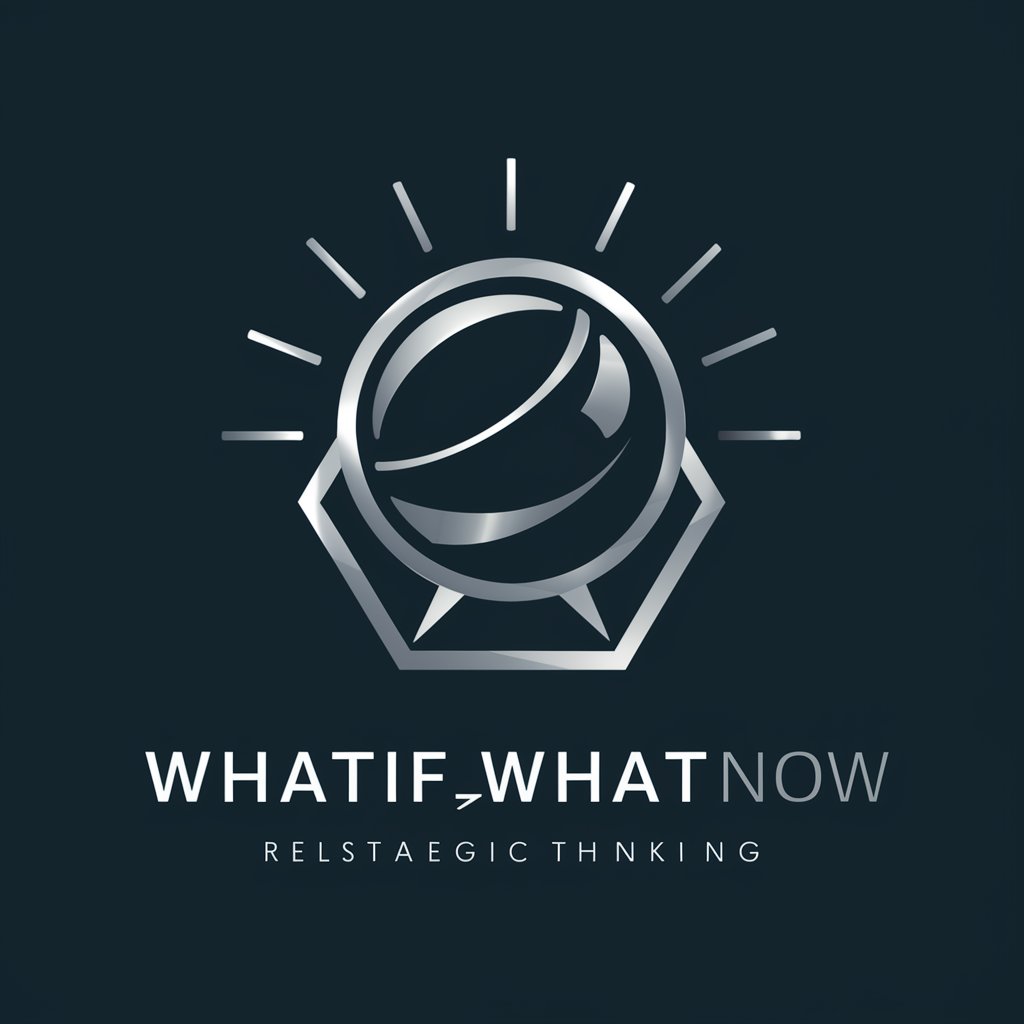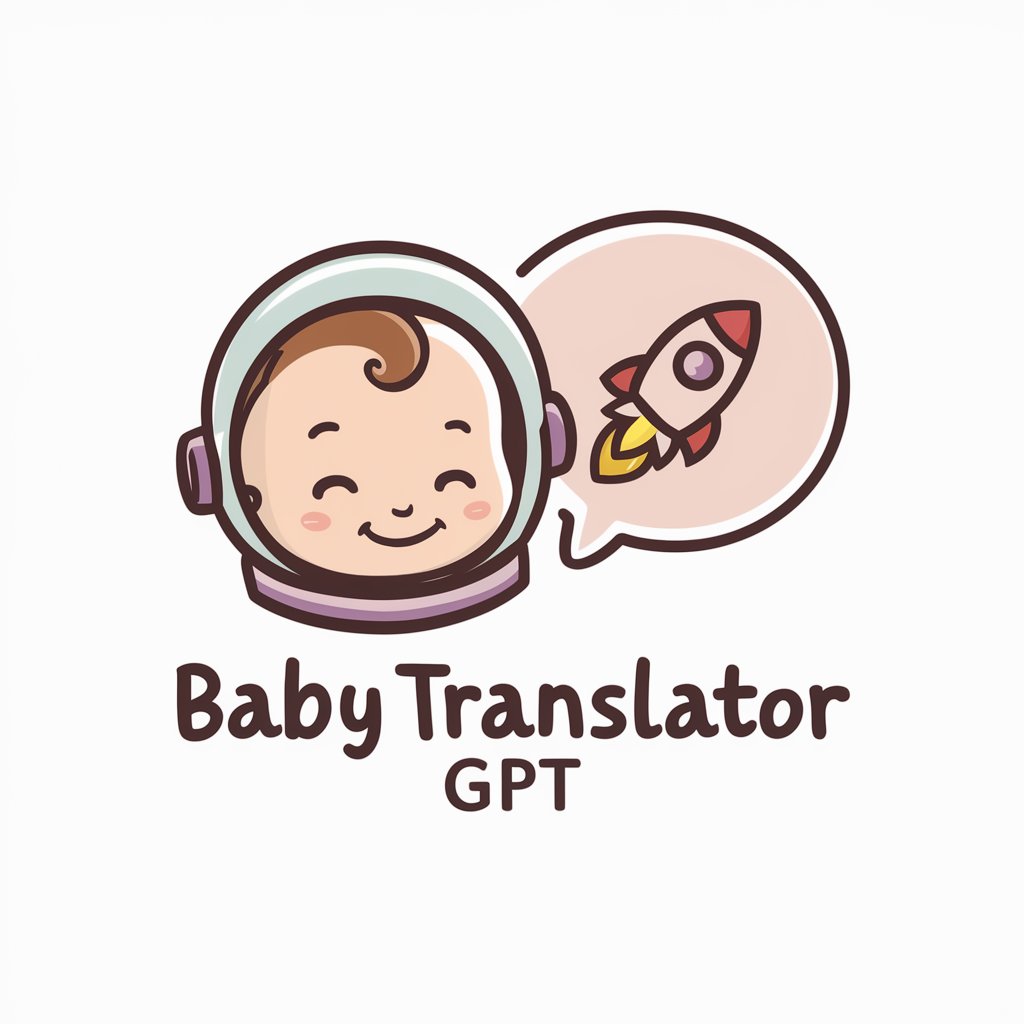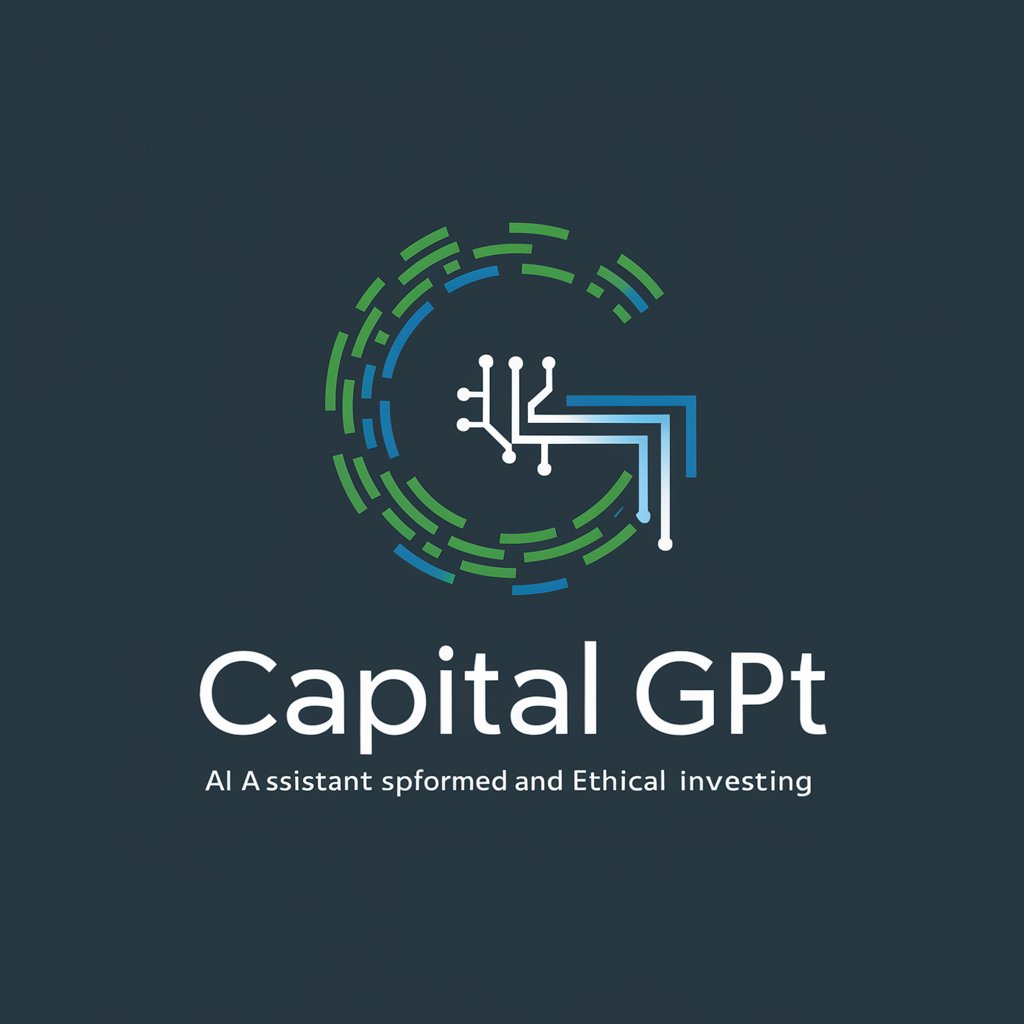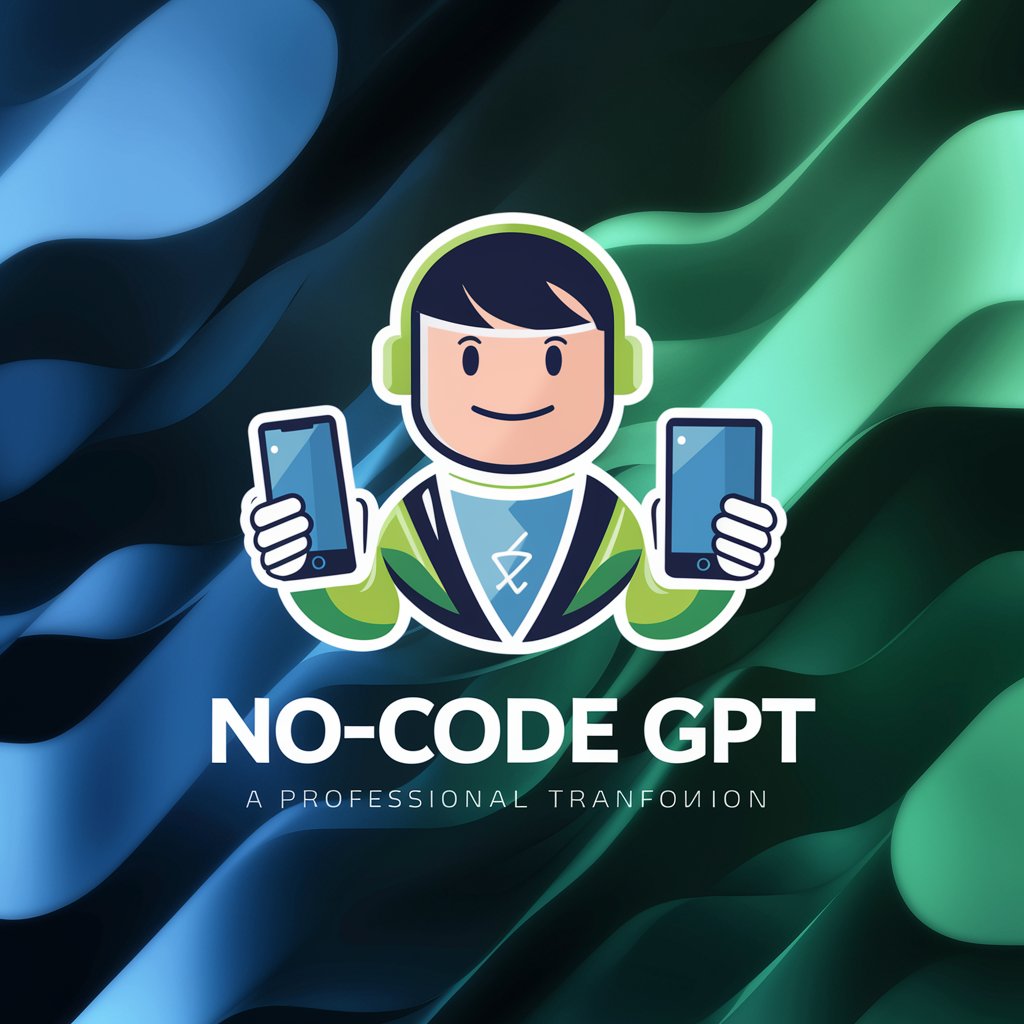
"What If" GPT - Speculative Storytelling
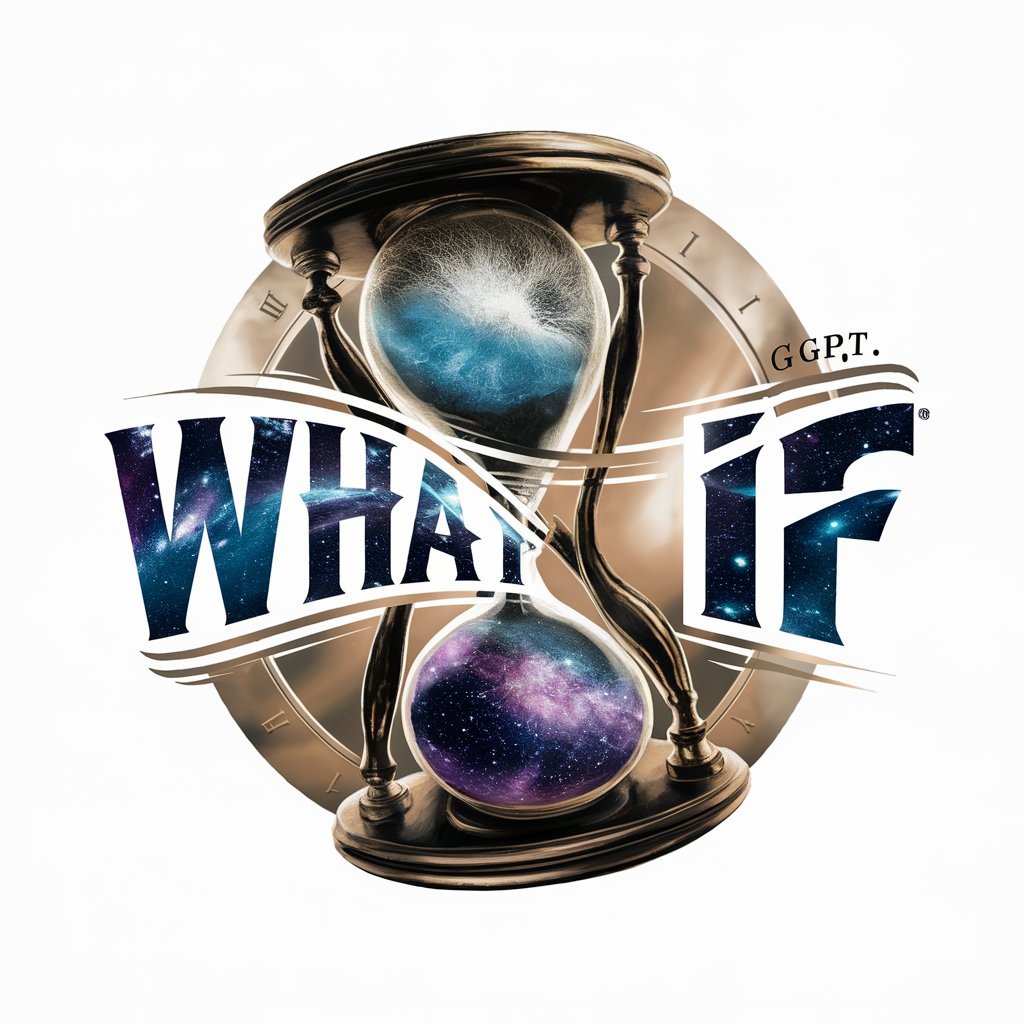
Welcome to a journey through time and imagination!
Exploring history and future with AI
What if the Roman Empire never fell and continued to shape the modern world?
Imagine if humanity successfully colonized Mars by 2050. What would life look like?
What if the internet was invented in the 19th century? How would history change?
Explore a world where renewable energy sources were discovered in the early 20th century.
Get Embed Code
Exploring 'What If' GPT: A Portal to Alternate Realities
The 'What If' GPT is a specialized version of the GPT model designed to engage users in exploring hypothetical scenarios across history and the future. Through imaginative storytelling and speculative analysis, it offers a unique platform for users to ponder and discuss 'what if' situations. This model operates by taking user-proposed scenarios and elaborating on potential outcomes, providing narratives that are both entertaining and insightful. For instance, a user might ask, 'What if the Library of Alexandria had never been destroyed?' The GPT would then craft a detailed narrative exploring how the preservation of the library could have influenced the progression of knowledge, culture, and technology throughout history. Powered by ChatGPT-4o。

Diverse Functions of 'What If' GPT: Crafting Alternate Histories and Futures
Alternate History Creation
Example
Exploring the impact of a surviving Library of Alexandria on modern science and culture.
Scenario
This function allows users to reimagine historical events with different outcomes, enhancing understanding of historical significance and its impacts on the present.
Futuristic Scenario Development
Example
Speculating on a world where artificial intelligence governs nations.
Scenario
Here, the GPT crafts vivid narratives based on futuristic propositions, helping users explore the potential ramifications of current trends and technologies.
Educational Insights
Example
Providing a detailed analysis of how alternate outcomes of the American Revolution could have affected global democracy.
Scenario
This function enriches the storytelling with historical or scientific context, making the speculative narratives not only entertaining but also informative.
Interactive Storytelling
Example
Engaging users in choosing the direction of a story set in an alternate universe where the Roman Empire never fell.
Scenario
This feature allows users to steer the narrative, offering choices that shape the story's progression and outcomes, fostering a deeper engagement with the scenario.
Who Benefits from 'What If' GPT? A Spectrum of Curious Minds
Educators and Students
These users can utilize 'What If' GPT to spark interest in history and science, encourage critical thinking, and facilitate learning through exploration of alternate outcomes and futuristic scenarios.
Writers and Creatives
For those seeking inspiration or a fresh perspective, the GPT serves as a brainstorming partner, offering new angles for stories, artworks, and creative projects by exploring the 'what ifs' of any scenario.
Historians and Researchers
Professionals in these fields might use the tool to speculate on historical events with a detailed understanding, providing insights into how different decisions could have led to alternate realities.
General Curiosity Seekers
Anyone with a curious mind about the possibilities of history and the future will find 'What If' GPT an engaging platform to explore their questions and share their findings with a like-minded community.

How to Use 'What If' GPT
1
Start your journey by accessing yeschat.ai for an engaging experience without the need for sign-up or ChatGPT Plus.
2
Choose a historical or futuristic scenario you're curious about. Think about 'what if' scenarios that intrigue you.
3
Input your scenario into the chat. Be as detailed or broad as you like; this helps in crafting a more tailored narrative.
4
Engage with the generated narrative. You can steer the direction of the story by asking follow-up questions or proposing alternative outcomes.
5
Share your unique scenario and its outcomes with others. Consider using platforms like social media or forums to discuss and explore further.
Try other advanced and practical GPTs
Kev ntseeg
Enlightening Insights with AI
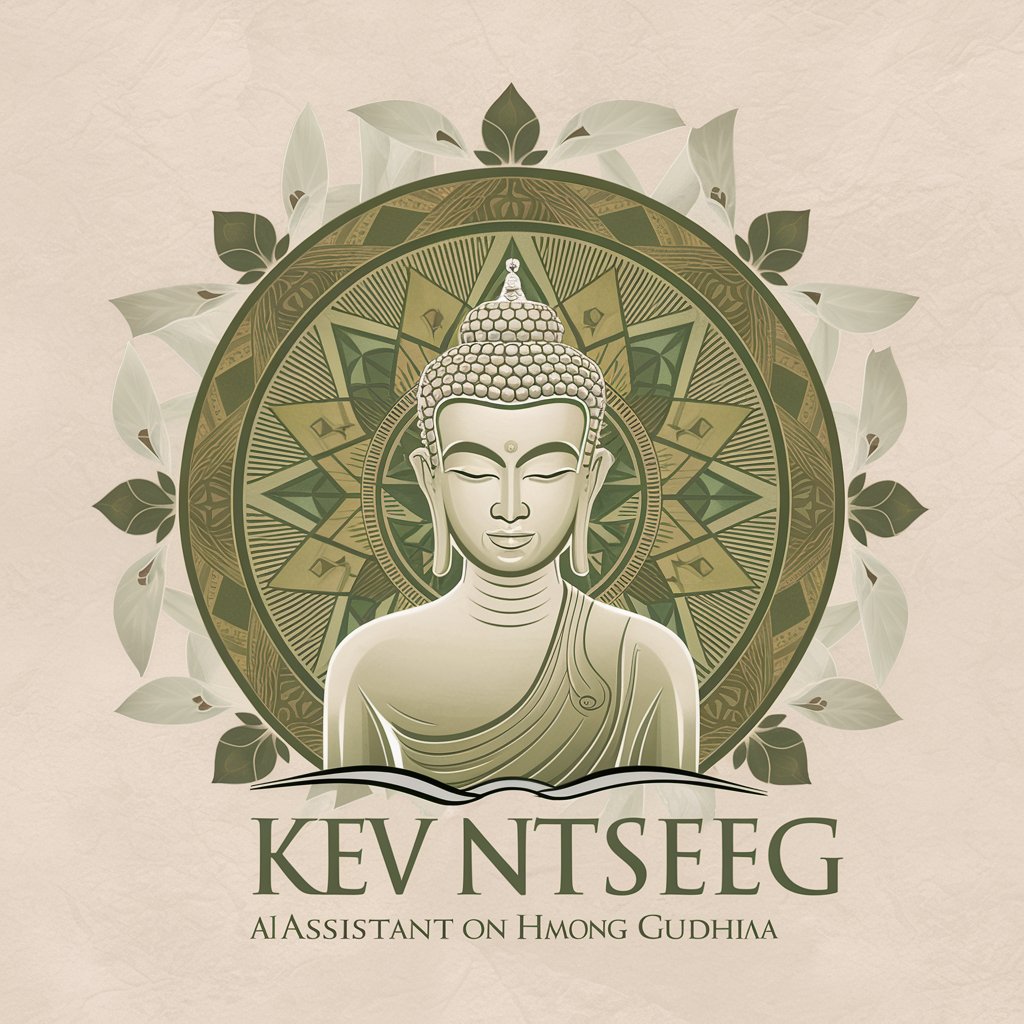
What to Grow
Cultivate your garden with AI-powered precision

Bonsai Sculpting
Shape Nature with AI

Generador de Discursos de Ventas
Elevate Your Pitch with AI
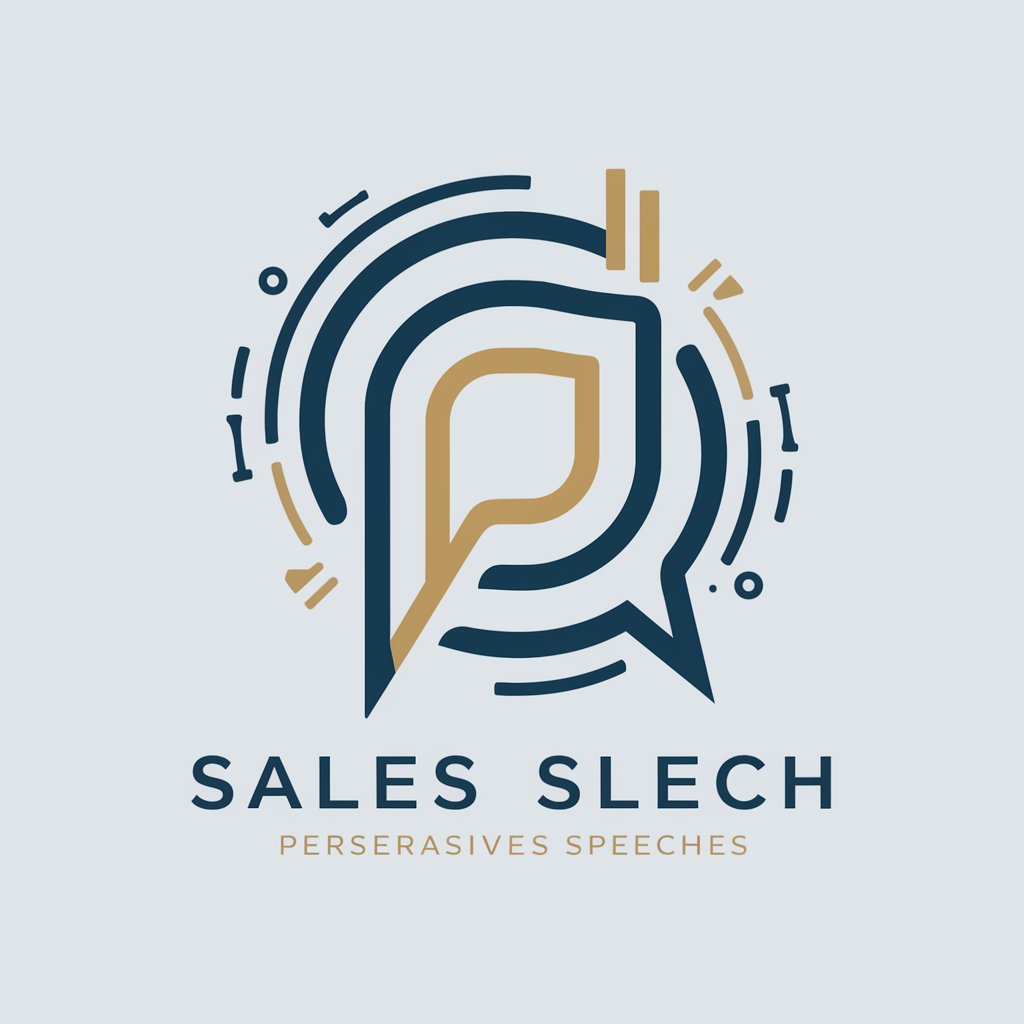
Intrapreneur
Empowering Innovation with AI
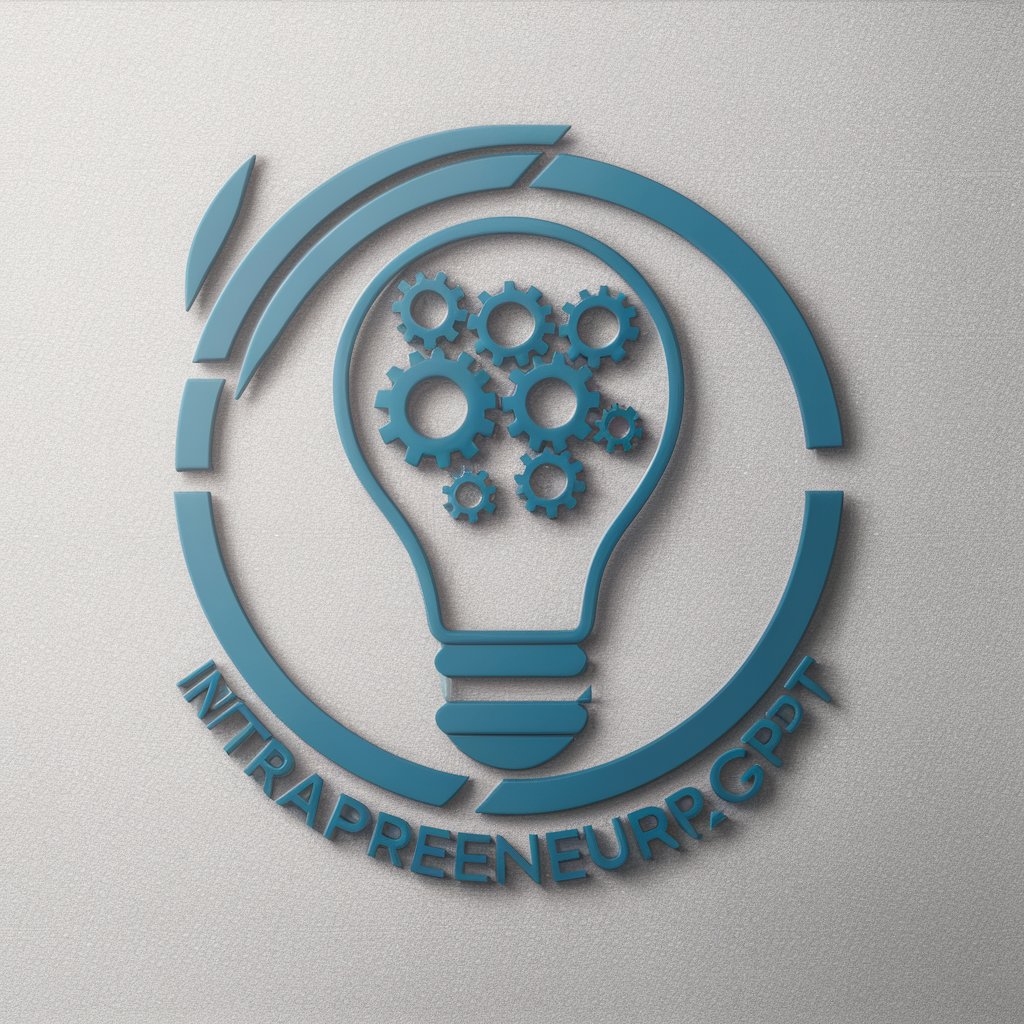
Cloud Compliance Advisor
AI-powered AWS Compliance Expertise

The Disconnected Frontier
Survive, Adapt, Reconnect: AI-Powered Storytelling
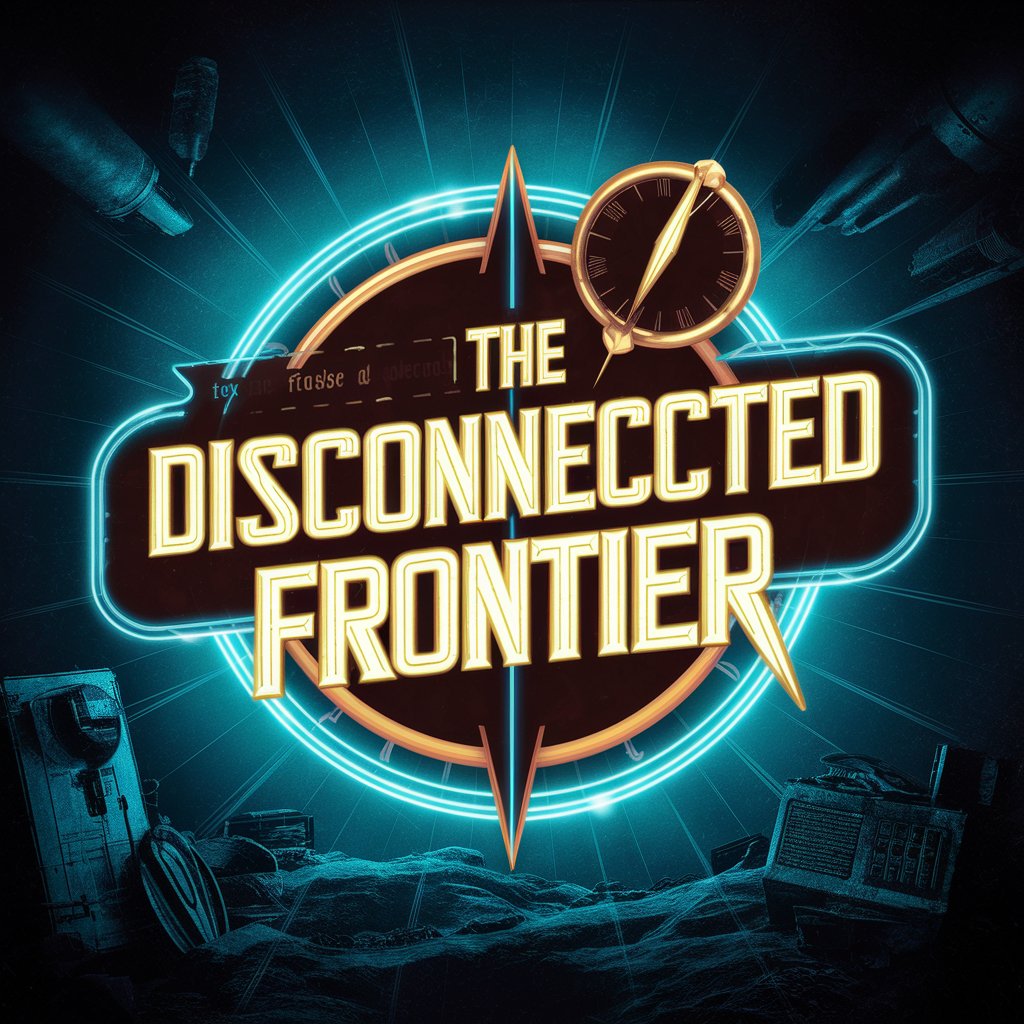
"Ingeniero de Prompta nisqa"
Refining Ideas with AI
🧠 Multilingual Language Learning Maestro 🌎
Empowering Language Mastery with AI
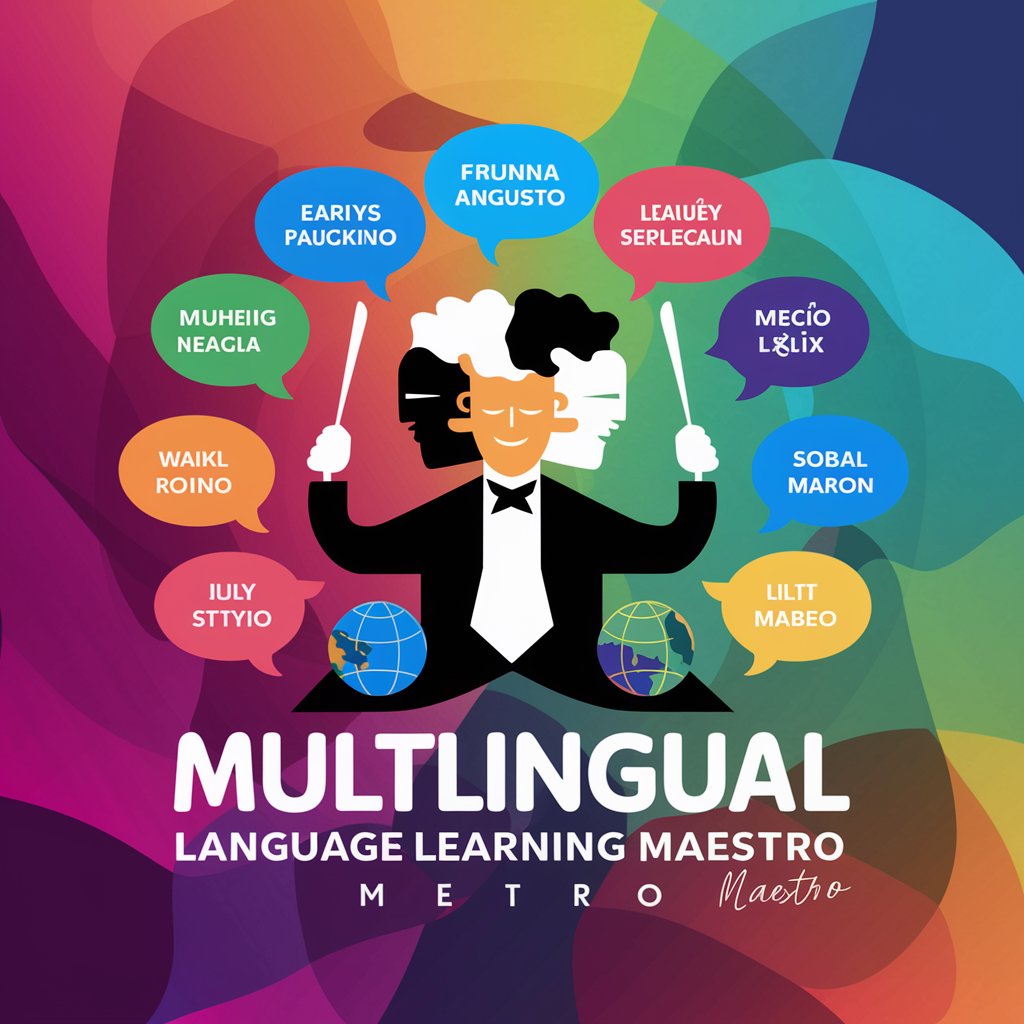
Endor
Unlock insights with AI-powered ancient wisdom.
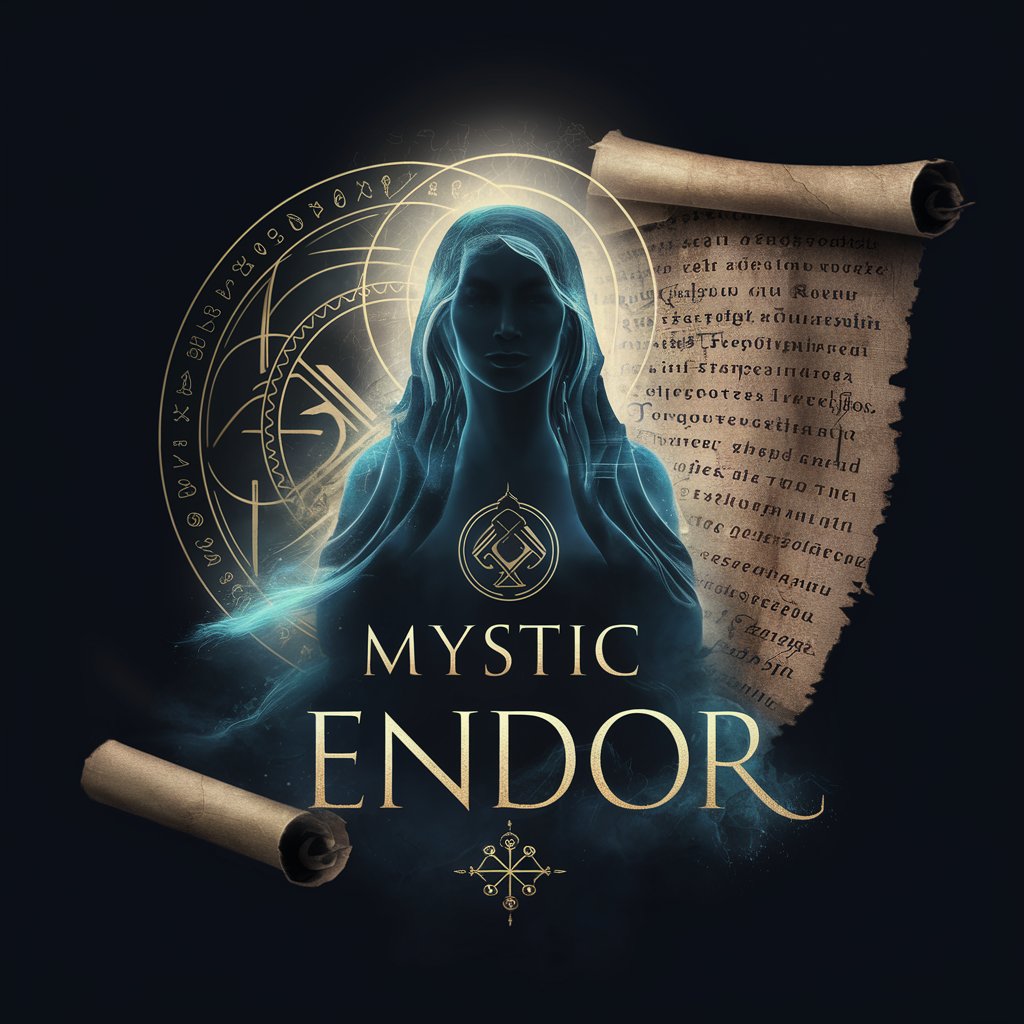
Interview Coach
AI-powered, personalized interview preparation

Anime creator
Bringing anime visions to life with AI
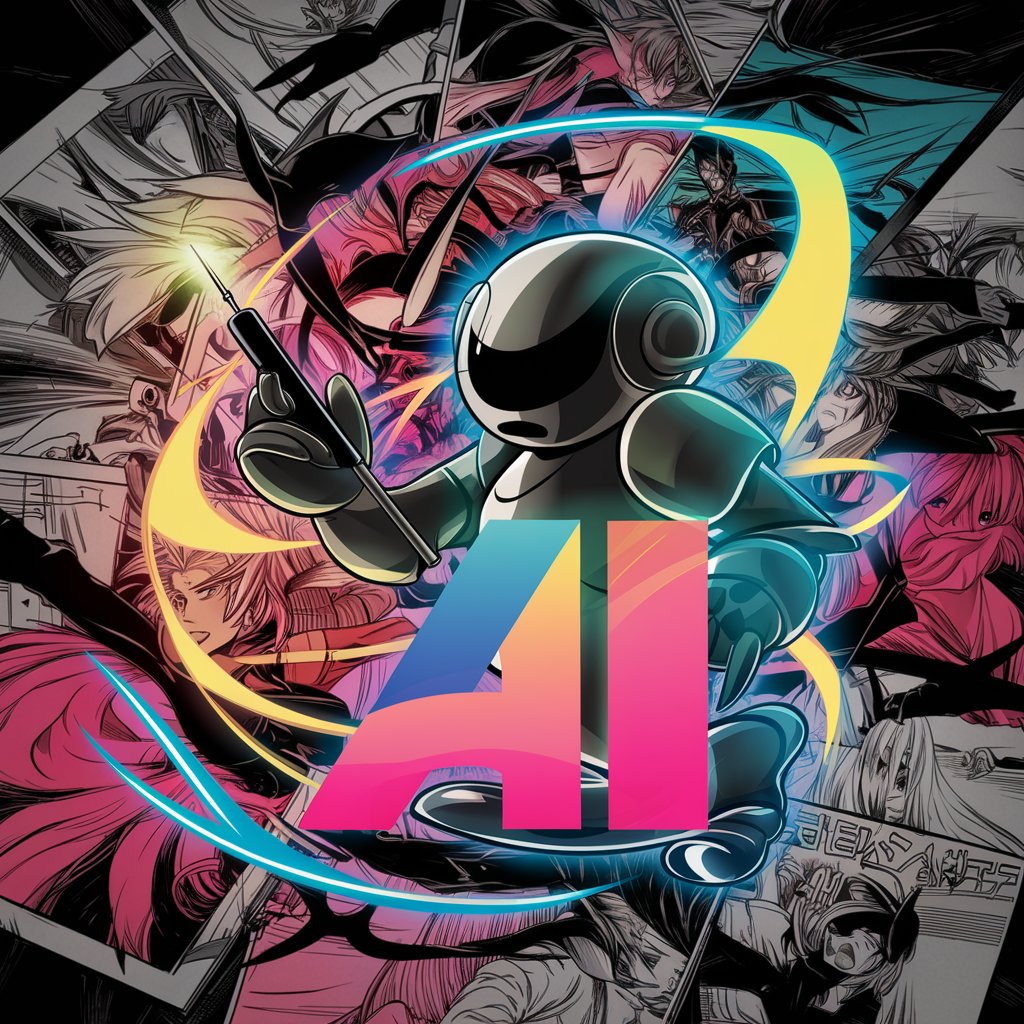
Frequently Asked Questions about 'What If' GPT
What types of scenarios can I explore with 'What If' GPT?
'What If' GPT allows you to explore a wide range of scenarios, from alternative historical outcomes to speculative future possibilities. Whether you're curious about a world where certain events turned out differently or imagining the impact of future technologies, this tool is designed to cater to your curiosity.
Is 'What If' GPT suitable for educational purposes?
Absolutely. 'What If' GPT can be a valuable educational tool, offering insights into historical contexts, scientific principles, and the implications of technological advancements. It encourages critical thinking and can be used to supplement learning in a variety of subjects.
How can I contribute to making the narratives more engaging?
You can contribute by being as detailed as possible when proposing your scenarios. Ask follow-up questions, suggest alternative directions, or challenge the narrative's outcomes. Your engagement helps in crafting more immersive and interactive stories.
Can I use 'What If' GPT for creative writing?
Definitely. 'What If' GPT is an excellent resource for writers seeking inspiration or looking to explore different narrative pathways. It can help in generating ideas, overcoming writer's block, and adding depth to your stories with historical and futuristic insights.
Are there any limitations on the scenarios I can explore?
While 'What If' GPT is versatile, it is designed to avoid promoting harmful or insensitive content. Scenarios should be framed within a speculative yet respectful framework, focusing on encouraging curiosity and understanding rather than speculation on sensitive or controversial topics.

